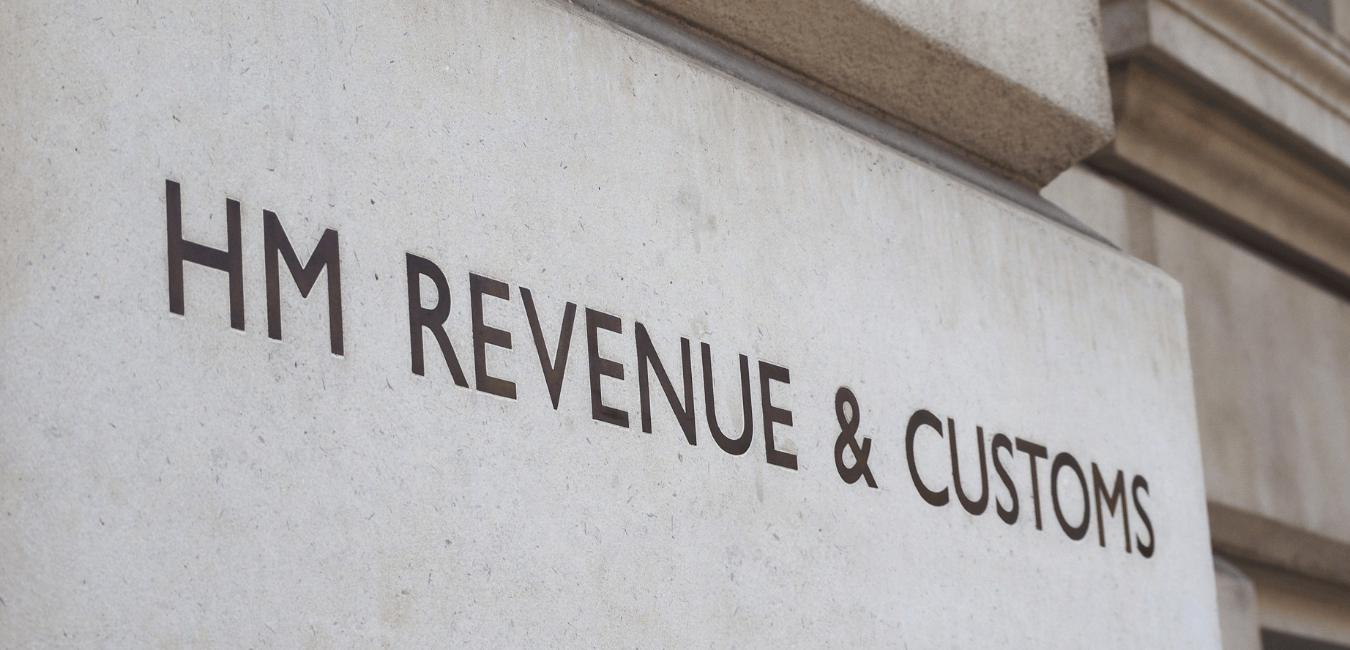How to export goods from the UK
The export process for exporting goods from the UK can be complicated, especially now that Brexit has changed many of the laws and regulations. There are several factors to consider, such as the goods you can export, the countries you can export to, and how to make sure your business is abiding by the export regulations and correctly following the UK export process.
Our UK export guide outlines the stages involved in exporting goods from the UK as well as the UK export process itself.
Customs Declaration Service and UK Export Process
HM Revenue and Customs (HMRC) implemented the Customs Declaration Service (CDS), which replaced the old Customs Handling of Import and Export Freight (CHIEF) system. CDS is the UK’s single-customs platform for imports and exports. On CHIEF, when exporting goods from the UK, pre-departure Exit Summary Declaration (EXS) data was included alongside fiscal data elements in a ‘combined’ customs declaration. This continues to be the case on CDS for the UK export process.
UK exporters have always been responsible for making sure that the Customs Procedure Code (CPC) that best describes the movement of the goods is used. The additional procedure code and the permanent export procedure code are now divided into two distinct Data Elements (DE) using CDS. Therefore, the old permanent export CPC 1000001 has changed to 1040 plus 000 within CDS.
Guidance and Support for Exporting from the UK
Although your business may be well-established in the UK market, there is no reason why it couldn't compete successfully in an export market too, growing your revenue and profit. However, your business must have a thorough understanding of potential markets before it begins exporting goods from the UK. Along with determining whether your business has the required resources and UK export processes, it also needs to identify products that are appropriate for each target export market.
UK Trade Agreements
The regulations governing the purchase and sale of products and services between two or more nations are outlined in trade agreements. When they are implemented, they can lessen trade barriers and facilitate easier and more affordable trade when exporting goods from the UK. The UK now has over 70 trade agreements in place.
The UK-EU Trade and Cooperation Agreement treaty covers all UK trade with the EU following Brexit.
The following recent trade agreements have come into effect:
- UK-Australia Free Trade Agreement
- UK-New Zealand Free Trade Agreement
- Singapore Digital Economy Agreement
- Japan Comprehensive Economic Partnership Agreement
- Norway, Iceland and Liechtenstein Free Trade Agreement
UK Establishment Requirements
When exporting goods from the UK, the exporter of record needs to be based in the UK in accordance with the UK customs regulations. This implies that the exporter must have a permanent place of business in the UK from which it conducts the business's authorised activities, or it must have its registered office in the UK. The business may designate a UK-established customs agent to function as an indirect representation in lieu of the exporter of record, who need not be the owner of the goods at the time of export. Businesses should review their place in the supply chain and make sure that all parties understand their respective duties. The exporter must provide their freight forwarder with the Movement Reference Number from the export declaration and other crucial paperwork.
The UK export process allows an agent or other third party to act as the exporter of record if the business planning to export does not meet the establishment requirements.
EORI Number
When exporting goods from the UK, an EORI (Economic Operator Registration and Identification) number is required by a person or dealer who is carrying out customs activities in the UK. HM Revenue and Customs (HMRC) assigns an EORI number to importers and exporters in the United Kingdom. The EORI number is required on the UK export declaration when exporting goods to the EU and also to countries outside the EU. In the UK, EORI numbers start with GB.
To get an EORI number, the business usually needs to have a registered office, a central headquarters, or a permanent business establishment in the UK, and this is called ‘being established’.
If you’re business is starting to export, the registration process can seem daunting. We can assist with the UK export process.
Export Licenses and Shipping Documents
Export Licences
Certain items, such as dual-use civil and military goods, are "controlled" goods and cannot be exported without an export licence. Other situations call for extra regulations, such as those involving animals and animal products, which could need to enter the EU with a health certificate and be notified through the TRACES system when exporting goods from the UK.
Shipping Documents
Important documentation that exporters must give their freight forwarder as part of the UK export process includes commercial export invoices and any applicable export licences. The exporter issues the commercial invoice, which serves as proof of the sale from the exporter to the foreign buyer and establishes the value of the products for customs purposes when they are imported into the destination country.
An essential document for international trade that certifies the origin of the goods being exported is the Certificate of Origin. The Certificate of Origin may be necessary for a variety of reasons, including payment through a Letter of Credit or customs clearance in the buyer's country.
Country of Origin
When exporting goods from the UK, the exporter may need to prove the origin of the goods if they are trading with a country that has a trade agreement with the UK. Preferential and non-preferential rules of origin may both apply. The exporter must first confirm that their products are compliant with the rules of a trade agreement before requesting proof of origin. During the UK export process, the exporter can apply any rules specifically for UK exports. The exporter must check if their products are made using materials originating in the UK or different countries.
Wholly Obtained
Goods are treated as "wholly obtained" if they’re exclusively produced in a country, the UK, covered in a trade agreement without incorporating materials from any other country.
Sufficiently Worked or Processed
If a business is producing goods for export in the UK using materials from other countries, those materials need to have been "sufficiently worked on or processed" in the UK for the final product to be treated as originating in the UK.
Classification of Goods
UK commodity codes, which are also sometimes called tariff codes, are internationally recognised reference numbers, and the code describes a specific product when exporting the goods from the UK. Classification of commodities is necessary for export declarations, and how different goods are classified largely determines what UK export process controls apply to them.
In cases where free trade agreements or economic partnership agreements are in effect, commodity codes are also utilised to secure favourable duty rates and to ascertain the proper import tariffs that must be paid in the buyer's country.
The UK government also compiles export data using commodity codes stated on the export declarations.
Incoterms 2020
It is imperative to ensure that all roles are well defined and agreed upon in writing before entering into business with a foreign buyer. During the UK export process, the exporter can accomplish this by using Incoterms 2020 in a well-written contract.
The International Chamber of Commerce (ICC) developed the International Commercial Terms called Incoterms®. These serve as the global standard terms of trade for the sale of goods and assist businesses in determining the responsibilities, costs, and risks of exporting the goods from the UK. These rules, which are meant to serve as a guide, are applicable whether the business is filling out a purchase order, labelling and packing a shipment, or creating a certificate of origin.
Record Keeping

HM Revenue and Customs (HMRC) states that all businesses must keep and preserve certain records and accounts and be able to present them upon request. Businesses are required to keep records for all traded goods they declare to HMRC for four years, for duty and tax purposes and for government statistics.
UK Export Process and Customs Declarations
Timely and accurate customs documentation is a crucial stage in the UK export process. If an export declaration is not finished on time, goods may be left unshipped on the dock, incurring needless storage costs and delays. The export declaration is mandatory for exporting goods from the UK. The declaration provides details about the exporter and the cargo contents. The declaration also enables HM Revenue and Customs (HMRC) to verify that the shipment is adhering to export rules, such as VAT, duty, and licencing obligations. The Export Customs Declaration must be carefully completed, as any errors could result in fines and other consequences.
Getting export goods customs clearance can be complicated. Businesses can employ the services of a customs agent to make the export declaration and get their goods through UK customs.
Guidance with Exporting Goods from the UK
Exporting goods from the UK can be challenging due to a rapidly evolving business environment, but it also offers enormous opportunities for those who navigate it correctly with the help of an export consultant. Getting guidance and support is crucial for businesses looking to enter a foreign market for the first time. By doing this, businesses have a better chance of getting it right and therefore enabling their international expansion.
We provide a range of support to new and established businesses to help them start trading successfully outside the United Kingdom. Our flexible and tailored professional export consulting services will reduce costs, optimise the UK export process, and ensure compliance with UK export regulations.
Get in touch for guidance on the UK Export Process.
Please complete this form for advice on exporting goods from the UK, and we will get back to you.

